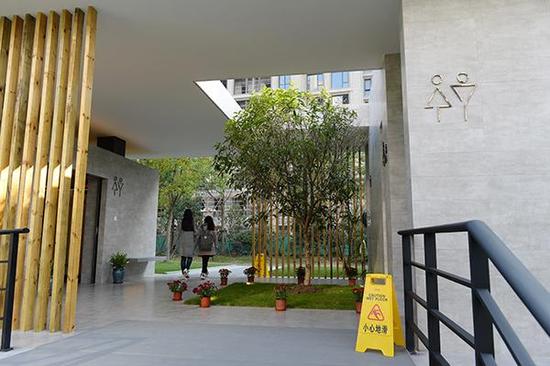Beijing bans shared bikes in military areas
Shared bikes will be banned from military areas in Beijing starting Thursday, a military officer said Wednesday.
The off-limits zones include restricted military areas and hospitals, residential areas, and sanitariums administrated by the military in Beijing.
“Bike sharing has brought new problems to the management of military areas, such as illegal parking and entering and exiting without approval,” said the officer with the training management department of the Central Military Commission.
“The army’s image would be tainted once misuse like bike refitting or damage is found in military areas,” the officer said.
Shared bikes are being moved away from military zones, and inspections will be carried out by the department.
The Ministry of Transport on Monday released draft rules requiring local governments to strengthen oversight of the sector.
Bike-sharing services took off in Chinese cities in the past two years. They allows riders to hire bikes for about one yuan (about 15 U.S. cents) per hour via a mobile app, and drop them off for the next user.
The service has reduced traffic congestion and cut auto emissions, but haphazardly parked bikes often block sidewalks, causing complaints.
There were 18.9 million users of shared bicycles nationwide at the end of 2016. The number is expected to hit 50 million by the end of this year, according to the China E-Commerce Research Center.

